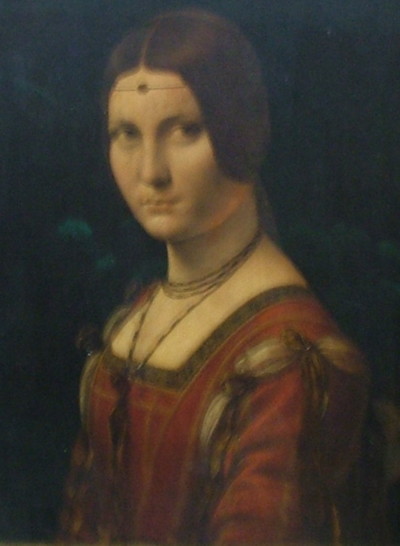While I wasn’t overly enamoured of Agnon’s Two Tales, I did get the sense that he deserves a bit of a benefit of the doubt. I think there were motifs going on in the tales that I didn’t quite grasp – allusions to the Torah and Jewish beliefs and so on which I could sense but not quite comprehend.
One of the most interesting parts of Edo and Enam was the leitmotif of reincarnation. This included a sort of dramatic irony slant: ‘There is no event whose mark has not gone before it. Such is the parable of the bird: before it flies, it spreads its wings and they make a shadow; it looks at the shadow, raises its wings, and flies away.’ There is also, however, several explicit references to reincarnation as part of Jewish belief, which surprised me (expert Torah scholar as I am). I’ve never heard reincarnation mentioned outside a Hindu context, as far as actual religions go.
The two tales are linked – there is one direct allusion between them, but the themes of sleep or sleeplessness, relationships, and fate link them as well. Edo and Enam was, for me, the more satisfying of the two. Despite or perhaps because of its sometimes lengthy, and to me rather inexplicable, evocations of traditional Jewish beliefs and societies, it had a certain mystique to it. It’s very hard to encapsulate what the story’s ‘about’ – the forces that bring people together in mysterious and inescapable ways, the values of traditional beliefs versus science and modernity, wrapped up in a tale of a man and his sleepwalking wife and their connection to a shadowy scholar.
Betrothed, which was the first tale in the collection, rubbed me up the wrong way a bit in that it featured a young man surrounded by a coterie of women implicitly competing for his affections. These affections, however, were claimed long ago, although he himself doesn’t realize it until his betrothed comes back into his life and reminds him of their childhood vow. Again, it’s about the forces that bind people together and the inevitability of fate. It also features a woman with troubles sleeping – although in this case, the woman in question sleeps too much, an illness which the central character is oddly indifferent to.
Even if these tales aren’t the greatest things I’ve ever read, they seem like the sorts of things that would open up under close examination, revealing the motifs and imagery which can escape one at first, especially if care were taken to chase down the cultural and religious references. I don’t think this task is for me, but there’s something there below the surface.
Subscribe to:
Post Comments (Atom)

1 comment:
hi. Thanks for your comment in my blog.
That's great that you are moving back to France! How exciting. Have been through Nice several times but never really visited it.
Post a Comment